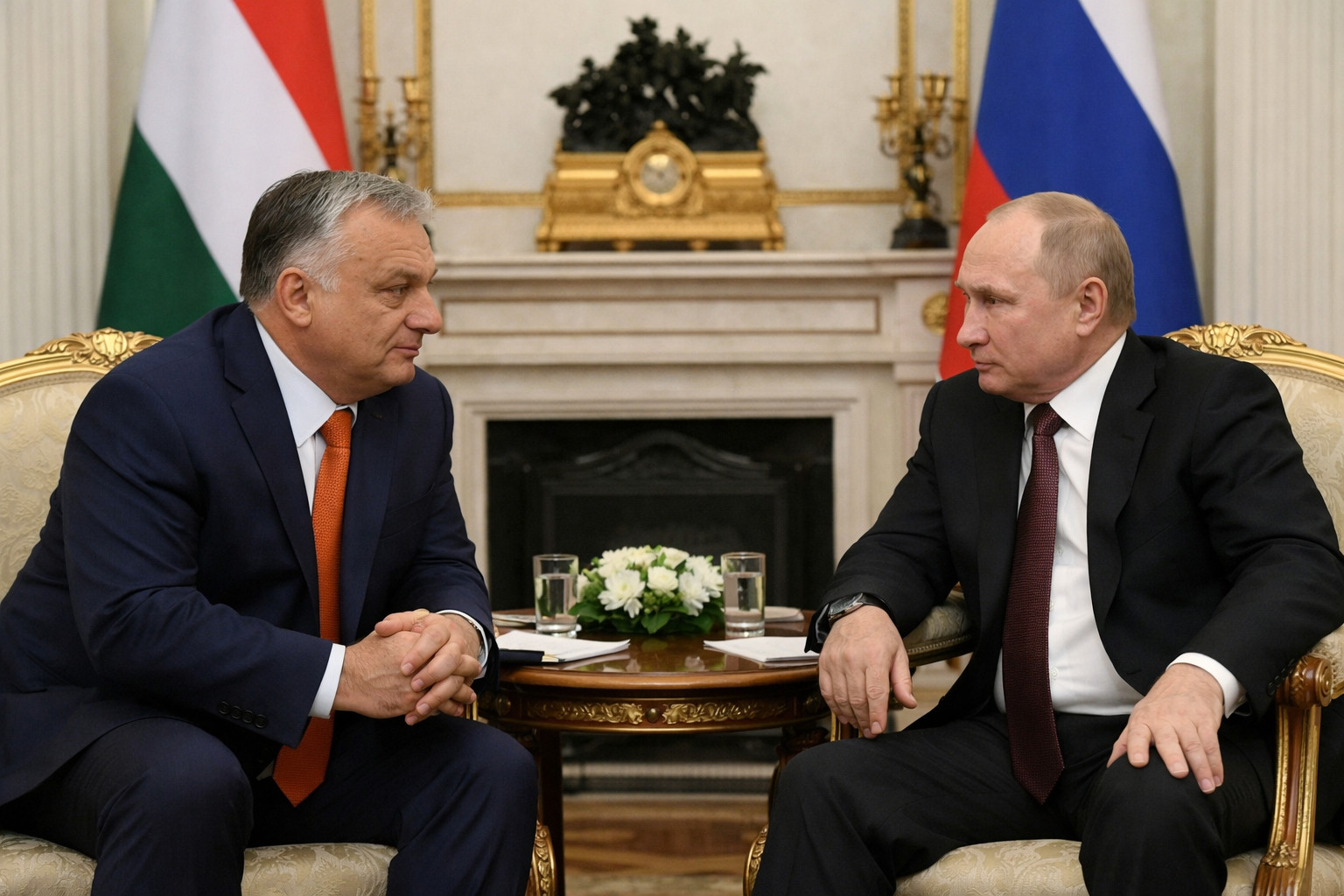Congressional inquiry targets Wikimedia Foundation
On August 29, 2025, U.S. lawmakers opened a formal investigation into potential manipulation of Wikipedia entries on sensitive topics, including Ukraine and Israel. According to the New York Post, the Republican-led House Oversight Committee, chaired by James Comer, together with cybersecurity subcommittee head Nancy Mace, sent a request to the Wikimedia Foundation. Lawmakers demanded documents on coordinated editing, responses to abuse, and disciplinary records, including data on accounts sanctioned for manipulation.
Concerns over foreign influence operations
Congressional leaders suspect that foreign state-linked actors, including pro-Russian networks, may be coordinating edits to shape public perception of U.S. policies and global conflicts. If confirmed, such activity would highlight Wikipedia’s role as a platform where fabricated consensus can legitimize propaganda. The requested information covers editorial coordination by foreign entities, decisions of internal Wikipedia committees, neutrality policies, and analytical reports on manipulation patterns.
Broader risks in digital ecosystems
The probe reflects mounting concern that influence operations extend beyond traditional espionage. U.S. officials point to Russia’s strategy of saturating the internet with fabricated stories, which circulate through social media and are eventually reinforced by citations in Wikipedia. This dynamic turns the platform into a “credibility laundering” mechanism, where repeated references normalize disinformation without a single dramatic breach.
Open-source vulnerabilities and systemic exposure
Experts warn that foreign interference is not limited to visible propaganda campaigns. A recent case involving the JavaScript package fast-glob, developed by a single Russia-based engineer employed by Yandex, underscored risks when critical software dependencies fall under potential state pressure. Control over key open-source libraries allows quiet adjustments that may affect thousands of applications, creating systemic vulnerabilities even without direct cyberattacks.
Manipulation narratives and political stakes
Russian networks have sought to amplify themes of “Ukraine fatigue,” shift blame for escalation onto Kyiv, and weaken international sanctions pressure. When such narratives penetrate widely cited Wikipedia articles, they gain persistence as “factoids” in media, academia, and even AI-generated responses. Lawmakers argue that addressing manipulation is not merely a technical challenge but a matter of democratic values and accountability, warning that unchecked influence erodes public trust and undermines policy responses to aggression.












